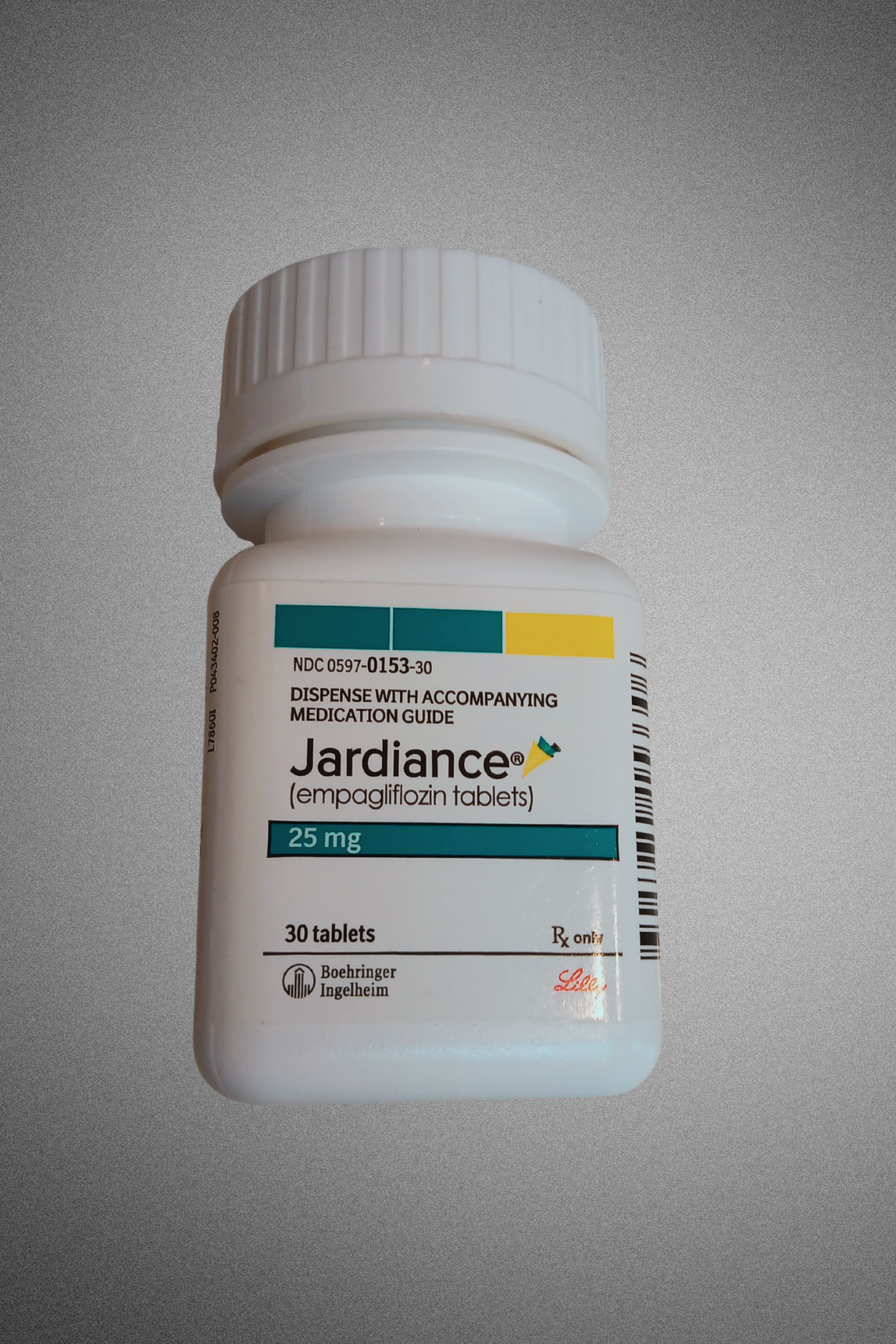If you’re managing type 2 diabetes, you’ve likely heard a whirlwind of information about medications. Names like Metformin, Ozempic, and Jardiance are everywhere. It can feel overwhelming and confusing.
What makes Jardiance different? Is it just another pill? And most importantly, could it be right for you?
In this honest review, we’re pulling back the curtain. We’ll break down the remarkable benefits, the not-so-fun side effects, and the key questions you need to discuss with your doctor.
What Is Jardiance and How Does It Work?
Jardiance’s generic name is empagliflozin, and it belongs to a class of drugs called SGLT2 inhibitors. Let’s simplify what that means.
Imagine your kidneys are a sophisticated recycling plant for your blood. They filter out waste but are programmed to reabsorb almost all the sugar (glucose) back into your bloodstream. For someone without diabetes, this is a brilliant system. But for those with type 2 diabetes, it means excess sugar gets sent back into the system, contributing to high blood sugar.
Jardiance works by placing a temporary “block” on the main sugar reabsorption gate in your kidneys (the SGLT2 transporter). This allows your body to excrete excess sugar directly through your urine. It’s a brilliantly simple and unique mechanism of action.
The 4 Key Benefits of Jardiance (Beyond Blood Sugar)
Jardiance isn’t just a sugar-lowering pill. It’s a multi-talented medication with some impressive proven benefits.
- Weight Loss: Because you’re excreting sugar, you’re also flushing out the calories that come with it. Many people experience modest but consistent weight loss on Jardiance, which is a significant benefit for managing type 2 diabetes.
- Cardiovascular Protection: This is a massive one. Major clinical trials have shown that Jardiance can significantly reduce the risk of heart attack and stroke in people with type 2 diabetes and established heart disease. This proved a diabetes drug could do more than lower blood sugar—it could save lives.
- Kidney Protection: Studies demonstrate that Jardiance can slow the progression of kidney disease in people with type 2 diabetes. It reduces strain on the kidneys’ filtering units, helping preserve long-term function.
- Blood Pressure Reduction: By excreting more sugar, you also excrete more sodium and water, which can lead to a mild reduction in blood pressure—a common co-condition with diabetes.
The Side Effects of Jardiance: A Detailed Look
Every powerful medication has potential side effects. Being informed is your best defense.
Common Side Effects
These are directly tied to the drug’s mechanism of action.
- Increased Urination: This is the most common side effect. It often means multiple trips to the bathroom at night, disrupting sleep, and requires planning your day around restroom access.
- Genital Yeast Infections: A sugar-rich urine environment increases the risk of fungal infections. This includes yeast infections in women and balanitis in men. Meticulous hygiene is crucial.
- Dehydration and Dizziness: The constant fluid loss can lead to dehydration, causing dizziness, lightheadedness, and a feeling of faintness when standing up (orthostatic hypotension). Staying hydrated is non-negotiable.
Serious Side Effects
While rare, you must be aware of these serious risks.
- Diabetic Ketoacidosis (DKA): Jardiance has been linked to cases of DKA, a dangerous condition where your blood becomes too acidic, even when blood sugar isn’t extremely high (euglyemic DKA). Seek emergency care for symptoms like nausea, vomiting, abdominal pain, extreme tiredness, or shortness of breath, especially if you’re sick, dehydrated, or on a very low-carb diet.
- Serious Urinary Tract Infections (UTIs): There is a risk of UTIs that could lead to kidney infections or a life-threatening bloodstream infection (sepsis). See a doctor for symptoms like burning during urination, lower abdominal pain, or fever with back pain.
- Lower Limb Amputation: Some large studies observed a small increased risk of toe or foot amputations. The reason isn’t fully understood, but it underscores the critical importance of daily foot checks for any sores, ulcers, or color changes.
Is Jardiance Right For You? Key Questions for Your Doctor
This isn’t a decision to make alone. It’s a conversation for you and your doctor. Go in armed with these key considerations:
- What is my overall health profile? Do I have heart disease or early signs of kidney disease? If yes, the cardiovascular and kidney benefits may be a top priority.
- What is my personal history with infections? A history of recurrent UTIs or yeast infections might make Jardiance a less ideal choice.
- Can my lifestyle accommodate this medication? Be honest: Can I stay consistently hydrated? Can I manage frequent urination at work or socially?
- How does Jardiance fit with my other medications? Your doctor will ensure it works safely with your current regimen, like Metformin.
The goal is a personalized treatment plan. Your diabetes is unique, and what works for others may not be the perfect fit for you, and that’s okay.
Disclaimer: This article is for informational purposes only and is not a substitute for professional medical advice, diagnosis, or treatment. Always seek the advice of your physician or other qualified health provider with any questions you may have regarding a medical condition.


Leave a Reply